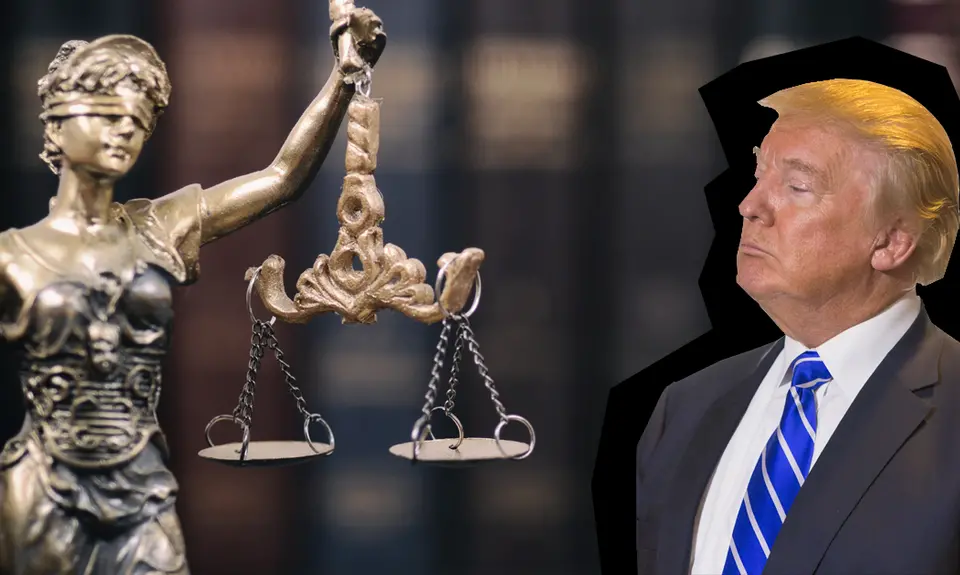“Confirmed Judges, Confirmed Fears” is a blog series documenting the harmful impact of President Trump’s judges on Americans’ rights and liberties. Cases in the series can be found by issue and by judge at this link.
Trump Second Circuit judge Michael Park cast the deciding vote to permit the Central Intelligence Agency (CIA) to neither confirm nor deny the existence of a program ended by President Trump to arm Syrian rebels even though Trump had publicly acknowledged the existence of the program. The result was to deny a New York Times Freedom of Information Act (FOIA) request. The July 2020 case is New York Times v. CIA.
Following initial reports in 2017 that President Trump decided to terminate a years-long CIA program to arm moderate rebels in Syria opposed to the Assad regime, Trump tweeted about his “ending” of what he called the “massive, dangerous and wasteful payments.” Trump’s action was criticized by Senator John McCain and others as favoring Russian president Putin, and the New York Times filed a FOIA request for records about the program and to confirm its existence.
The CIA filed what is known as a Glomar response to the request, claiming that for security reasons, it could neither confirm nor deny the existence or non-existence of such records. The newspaper strongly disagreed, pointing out that Trump’s tweet, another interview he gave, and a public statement by another official all confirmed the existence of the program and that even if it seeks to withhold actual records about the program, the CIA should be required to admit that they exist for the sake of public accountability. A district court accepted the CIA’s argument, however, and the case was appealed.
All three judges agreed that when the government has “officially acknowledged” the existence of a program or records it wants to keep secret, a Glomar response is not permitted, and the agency must respond substantively to the FOIA request. But in a 2-1 decision in which Park provided the deciding vote, the Second Circuit affirmed the lower court decision and ruled that the statements relied upon by the Times were not sufficiently specific to have disclosed the existence of the program. Even “packaged together,” the majority asserted, the statements “do not remove all doubt as to their meaning.”
Chief Judge Robert Katzmann strongly dissented. Trump’s public statements, he began, “cannot be logically interpreted as anything other than an acknowledgement of the existence of ‘payments to Syrian rebels.’” The majority was wrong as a matter of law in claiming that the public statements must “remove all doubt,” he continued. To the contrary, he went on, the court had “never suggested” that the ability to “read any doubt whatsoever, no matter how implausible or belied by context,” in some way “calls an official acknowledgement into question.”
Katzmann specifically pointed out that even if it had to file a substantive response to the FOIA request, the CIA could still claim that any information about any documents concerning the program, other than “their mere existence,” is exempt from disclosure. But by allowing a Glomar non-response that frustrates any transparency at all, Katzmann concluded, the majority “puts its ‘imprimatur to a fiction of deniability that no reasonable person would regard as plausible’—that the President never acknowledged the existence of payments to Syrian rebels.”
